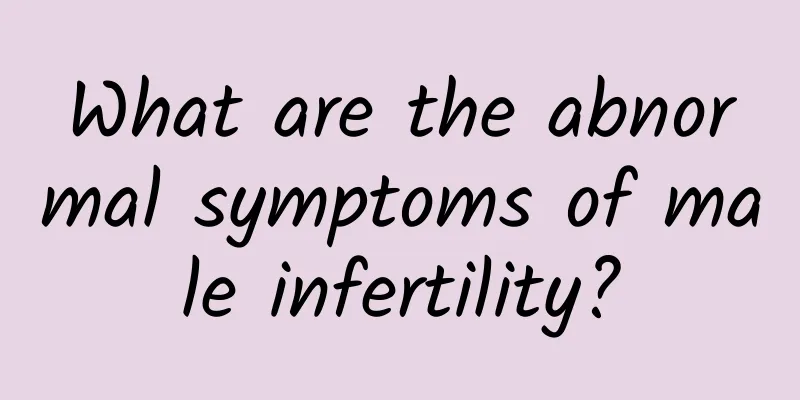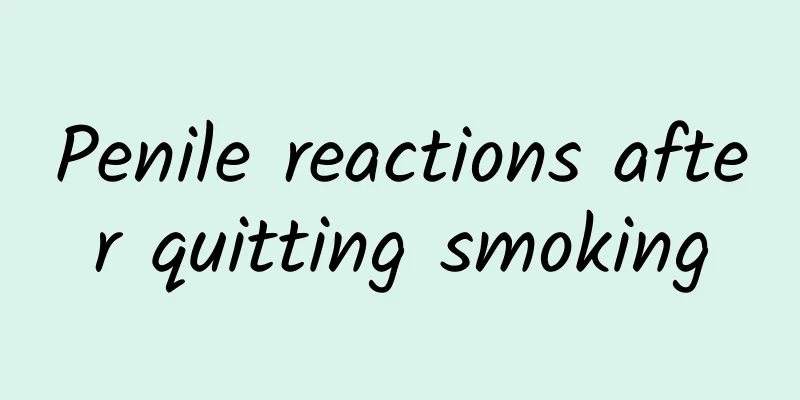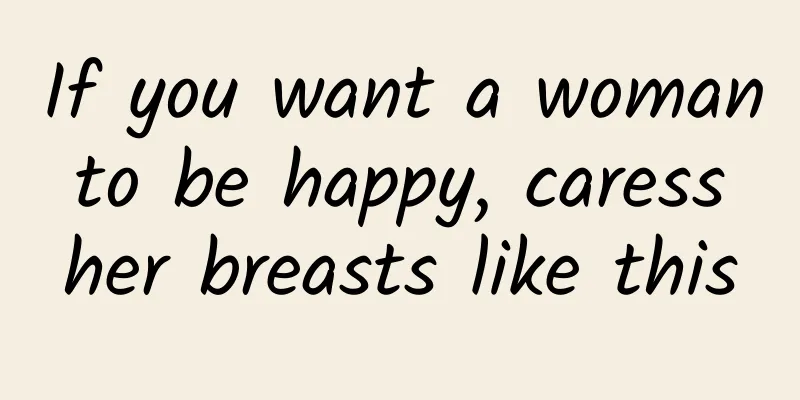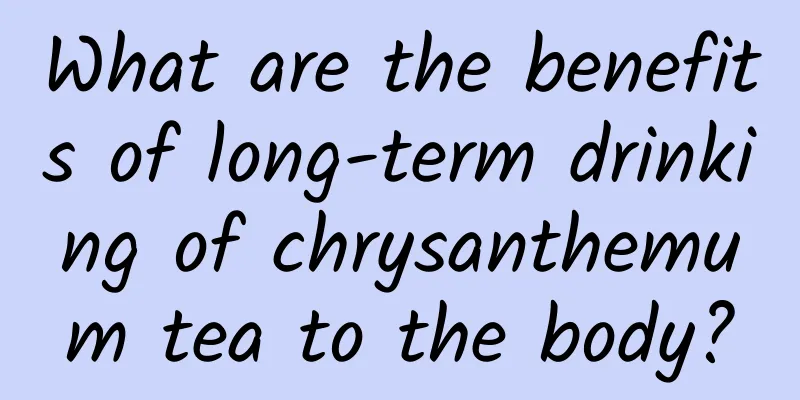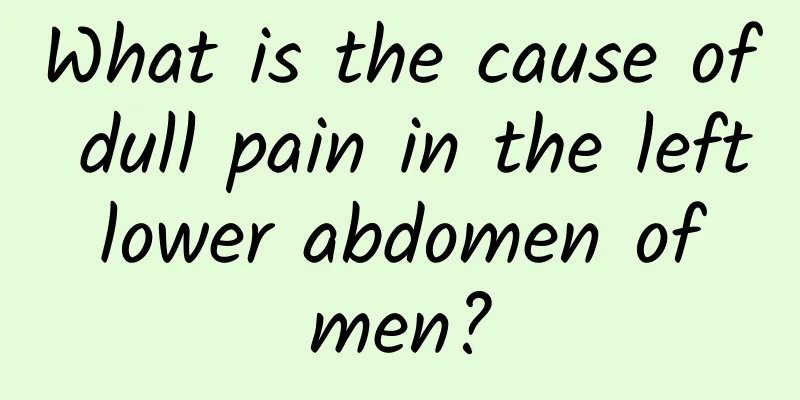How to treat non-gonococcal urethritis prostatitis

|
Non-gonococcal urethritis prostatitis is a difficult disease to cure. Although this disease is not so easy to cure, we still hope that all patients can actively treat it. Although it is difficult to cure, it is very important to be mentally prepared and optimistic to actively accept treatment. Although it is difficult to cure, there are actually many ways to reduce or even cure the patient. Introduce several methods to help everyone. Non-gonococcal prostatitis is also called aseptic prostatitis. Its main causes include chlamydia, mycoplasma, viral infection, prostate congestion, urine reflux, as well as psychological factors, immune factors, etc. Statistics show that chronic non-bacterial prostatitis accounts for about 64% to 90% of prostatitis patients and is a common and frequently occurring disease in young and middle-aged men. 1. Infectious factors: ⑴Mycoplasma infection; ⑵Viral infection; ⑶Chlamydia infection. 2. Non-infectious factors: ⑴Recurrent congestion of the prostate: Some people believe that frequent and excessive sexual stimulation causing repeated congestion of the prostate is one of the causes of chronic prostatitis in young patients; (2) Urine reflux, because many adult men are found to have stones in the prostate through B-ultrasound examination, but X-rays cannot detect them; ⑶Immune factors: Many scholars have found that the IgA, IgG, and IgM levels in the prostatic fluid of patients with chronic prostatitis are elevated, especially IgA. (4) Tension factor: Some studies believe that tension can cause non-gonococcal prostatitis. Instead of using drugs or prostate massage, non-gonococcal prostatitis can be treated with behavioral therapy aimed at relaxation. Some even proposed naming this type of disease "tension prostatitis". However, the same question is whether tension is the initiating factor (cause) or the final manifestation (result). There is currently insufficient evidence. Traditional Chinese medicine etiology believes that: ⑴ Chamber factors: middle-aged and young men, active in thinking and strong in sexual desire. If there is excessive and frequent sexual stimulation, the penis will have a continuous erection, but there is no normal and complete ejaculation process. ⑵Having had extramarital sexual behavior, being infected with gonococcal virus, and not paying attention to health care in the later stages of treatment. ⑶ Dietary factors: Eating spicy and irritating foods, drinking excessively, etc., not only breed dampness and heat, but also easily lead to sexual promiscuity after drinking. ⑷ Daily living factors: sitting for long periods of time while driving or working; or drinking less water; or holding back urination. ⑸Other adverse factors: wading, rain, colds, etc. After reading the above article, we know that non-gonococcal urethritis prostatitis can be treated. We have introduced some treatment methods above. As long as you persist in the treatment and keep a happy mood, the condition will definitely improve. You must cooperate with the doctor's treatment. So, in the end, everyone must have confidence. The disease that sounds scary is actually not as scary as everyone imagines. |
<<: How to treat mycoplasma infection in prostatitis
>>: How to treat non-gonococcal prostatitis
Recommend
How many days of paternity leave does a man have?
During the period of pregnancy and delivery, men ...
Why does the testicle hurt when touched?
Male reproductive organs are more vulnerable to e...
Why can't boys eat black chicken?
There is no rule or explanation that men cannot d...
Why do men always ejaculate when sleeping?
Male friends should be very familiar with the ter...
What to do if you have bacterial infection of glans?
With the increasing competitive pressure and life...
How to stimulate male hormone secretion?
Hormones are the main factor that stimulates male...
How long does it take for kidney bleeding to return to normal?
Kidney hemorrhage is a common result when we chec...
How can men improve their sexual ability?
With the increase of economic and life pressure, ...
There are red bumps on the glans coronal sulcus
The glans is a very important male reproductive o...
Small bumps on foreskin
Many men have noticed the phenomenon of small bum...
What causes men's sexual indifference?
The phenomenon of sexual apathy among men is also...
Why do I keep sweating under my armpits? What is the best way to deal with it?
Sweat from the armpits often has a sour smell, so...
With these habits in life, a 20-year-old IT guy becomes an uncle!
Recently, IT man Xu Jia switched to selling fruit...
How to deal with the odor of the penis? Daily cleaning is the key
Some men will find that their genitals often have...
The correct way to massage your testicles
Massaging the testicles can relieve testicular pa...



